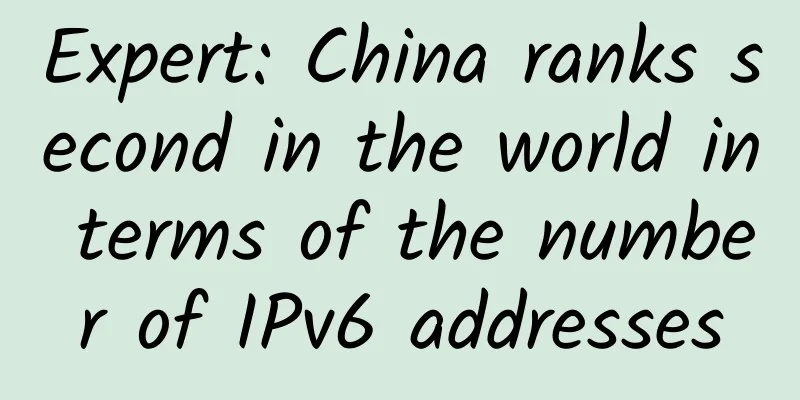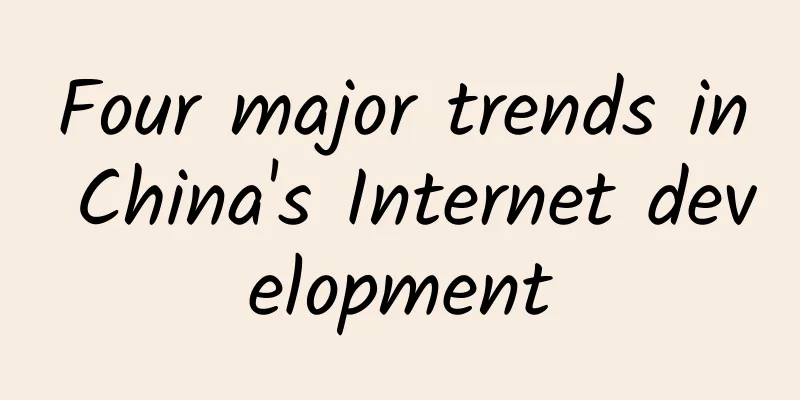How the global 5G network will reshape future defense strategies

|
Explore the impact of global 5G networks on future defense strategies. The advent of 5G technology is not only revolutionizing the way we communicate and conduct business, it is also dramatically reshaping the future of global defense strategy. As countries around the world race to deploy this groundbreaking technology, it is critical to understand the profound impact it will have on national security and defense. The fifth generation of wireless technology, or 5G, offers unprecedented speed and connectivity. It promises to deliver data rates 100 times faster than 4G, with latency of just a few milliseconds. The technological leap is more than just faster internet speeds; it will become the backbone of the future digital world, enabling the Internet of Things (IoT), self-driving cars, smart cities, and more. In terms of defense, 5G networks can significantly enhance command and control systems, intelligence, surveillance and reconnaissance capabilities, and improve the functionality of unmanned systems. With the ultra-high-speed, reliable and low-latency communications provided by 5G, defense forces can receive real-time information, enabling faster decision-making and response times. In addition, 5G's high-speed data transmission capabilities help deploy artificial intelligence and machine learning in defense operations, thereby improving their efficiency and effectiveness. However, while bringing huge benefits, the deployment of 5G networks also brings new challenges and threats to national security. The interconnected nature of 5G networks means that they may be vulnerable to cyber attacks. Therefore, countries must be prepared to prevent these threats and ensure the security of their 5G infrastructure. In addition, the global nature of 5G networks has also raised concerns about potential interference and espionage by foreign powers. As seen in the recent controversy surrounding Chinese telecom giant Huawei, there are concerns that foreign powers could use 5G networks to gather intelligence or even conduct sabotage. As a result, countries are now grappling with how to protect their 5G networks from potential foreign threats. To meet these challenges, many countries are investing heavily in research and development to improve their cyber defense capabilities. They are also imposing strict regulations and standards on 5G network vendors to ensure the security and integrity of their digital infrastructure. In addition, countries are also exploring the potential of 5G technology to enhance their own defense capabilities. For example, the US Department of Defense has launched a series of 5G experiments and prototypes to explore how the technology can be used for various defense applications, from augmented reality training to smart warehouses. In summary, the emergence of 5G networks around the world will have a profound impact on future national defense strategies. While it offers great potential for enhancing national defense capabilities, it also brings new challenges and threats to national security. Therefore, countries must not only take advantage of the advantages of 5G technology, but also invest in strong cyber defense measures to protect their digital infrastructure. As we enter the 5G era, it is clear that future defense will become increasingly digital and interconnected. |
<<: Five elements for building a private 5G network
>>: Exploring cross-industry collaboration between 5G and edge computing
Recommend
my country's 5G terminal connections are approaching 420 million, and the digital economy is gaining momentum
[[423700]] The State Council Information Office h...
DigitalOcean: AMD EPYC+NVMe series are all online, and 8 computer rooms support hourly billing
The tribe has not shared information about Digita...
“Hotel chains” also have “five-star” Wi-Fi! How did Lavande Hotels do it?
Hotel Wi-Fi ≈ Slow speed and insecurity? This pro...
RackNerd limited time promotion for 72 hours, annual payment starts from $14.89 in Los Angeles data center
Today, RackNerd offers three hot-selling packages...
How will 6G change the workplace?
The next generation of connectivity is coming, pr...
Why does TCP need three handshakes and four waves?
[[402116]] This article is reprinted from the WeC...
Understanding Lossless Networks in One Article
According to OpenAI's data analysis, the amou...
A major technical challenge for container cloud platforms: Should the network choose SDN or underlay, or...?
[[320730]] How to choose the network when buildin...
What can operators do to ensure that fee reductions are real and consumers understand clearly?
This year, speed increase and fee reduction have ...
Protecting corporate intranet data security in just seven steps
In the Internet information age, science and tech...
In-depth analysis of computer networks and operating systems: essential knowledge analysis for interviews
Computer Network What is TCP congestion control? ...
Low-power wide-area network LPWAN: Can different factions of technology coexist?
The Internet of Things is considered to be the th...
spinservers: 100M-1Gbps unlimited traffic servers starting from $118/month, Dallas/Silicon Valley data centers available
spinservers is a site under Majestic Hosting Solu...
There is a new way to attack wireless routers, and the password is dangerous
A new way to attack wireless routers has been dis...
Digital China is moving towards a deeper and more practical digital economy.
"Vigorously develop the digital economy, imp...









